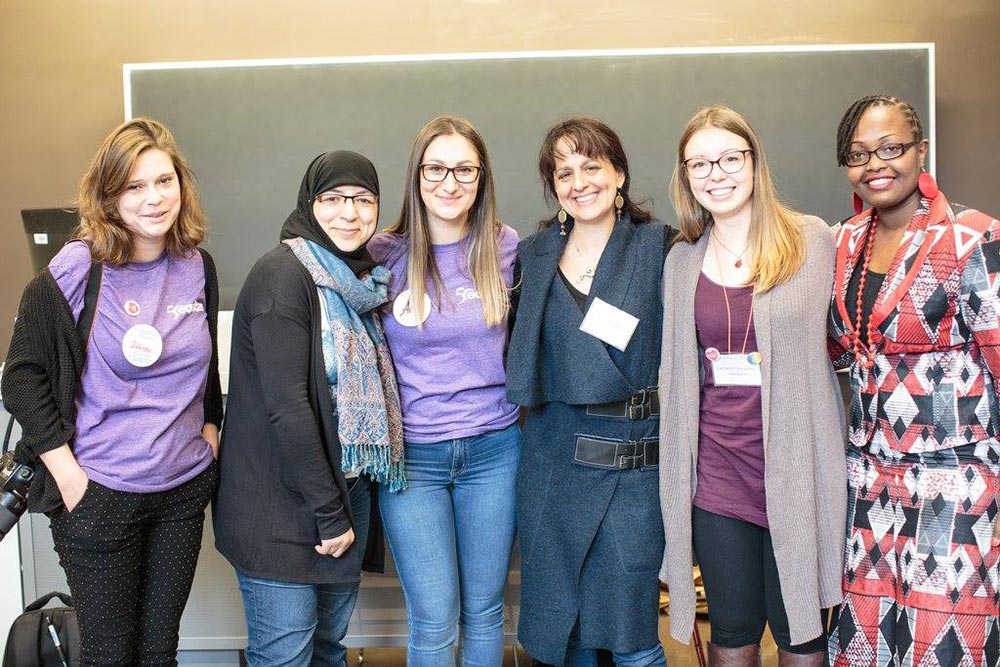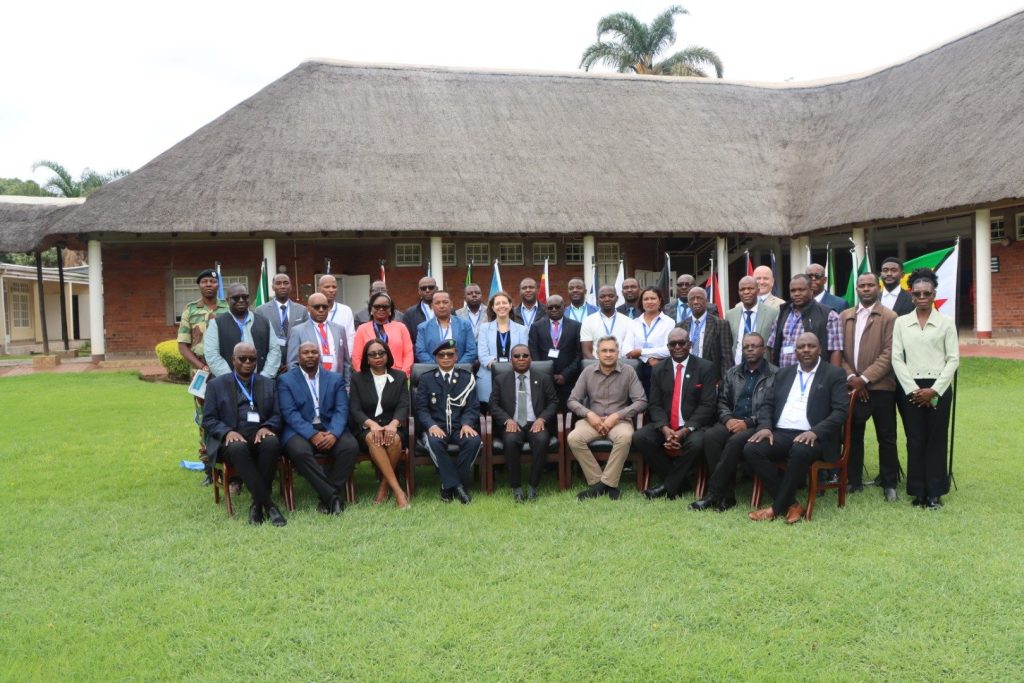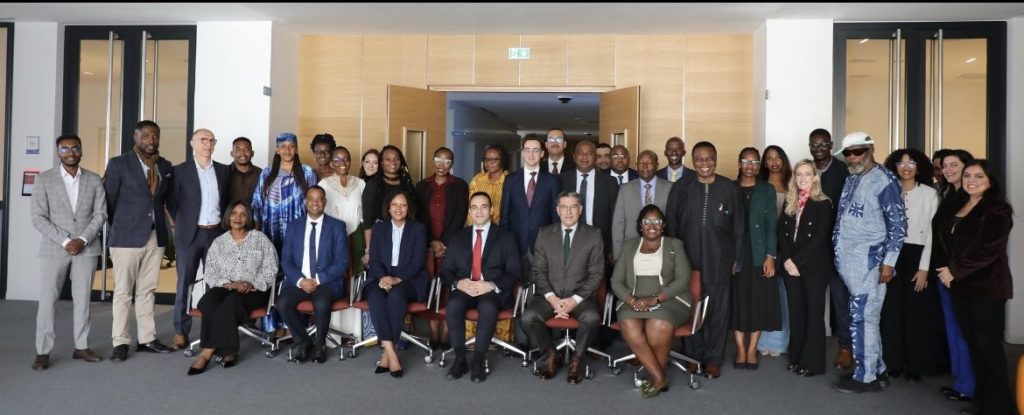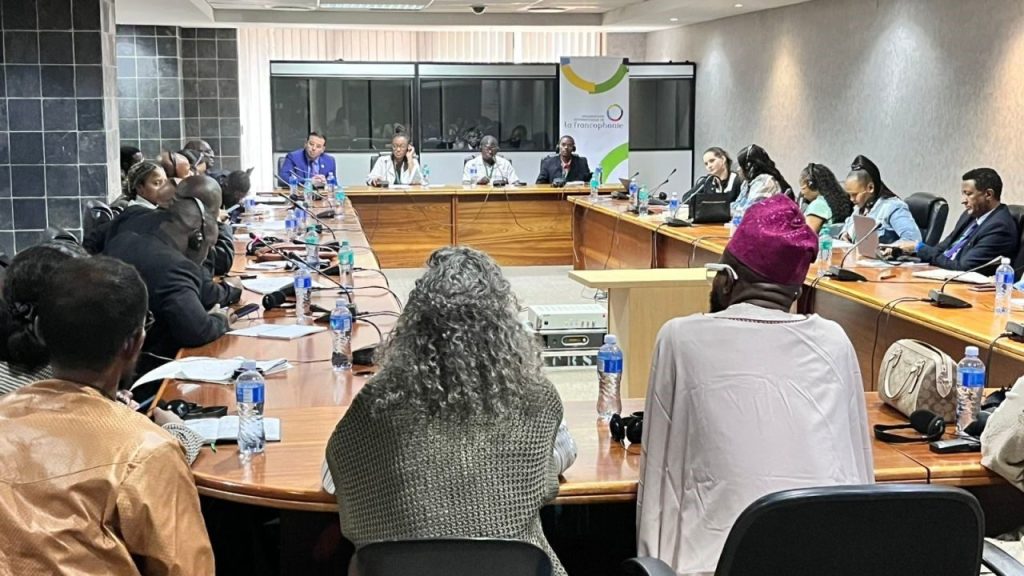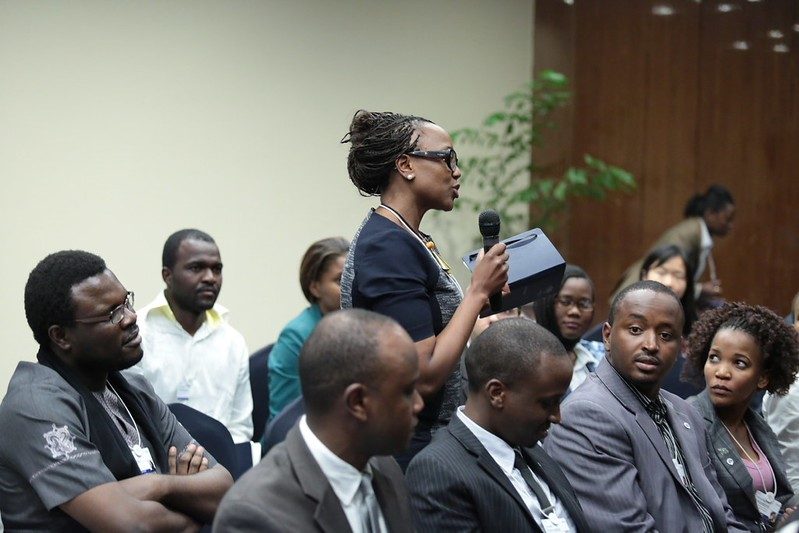War, conflict and violence inevitably result in denial and/or violation of human rights. Most conflicts also arise from severe and systematic human rights violations. Thus the connection between human rights and the right to peace is very strong. To explore this further, Equitas and the Office of the United Nations High Commissioner for Human Rights (OHCHR), together with McGill University, Concordia University, Université de Québec à Montréal and Western Sydney University organised the 8th International Conference on Human Rights Education (ICHRE): Bridging our Diversities. The conference which was held in Montreal, Canada from 30th November to 3rd December 2017 brought together over 300 practitioners, policy-makers, academics, members of CSOs and other people who are interested in human rights education (HRE). ICHRE series began in Sydney in 2010 and was held in Durban, South Africa in 2011.
The conference explored how HRE can build more peaceful and equitable communities and provide effective solutions to current national and global challenges related to diversity, inclusion, violence and extremism. The objectives of the conference were: to deepen our understanding of the impact of human rights education in tackling current global challenges; to identify strategies and formulate recommendations for ensuring HRE becomes a higher priority for governments and civil society organizations; to share and showcase good HRE practices and innovative tactics from around the world that aim to promote respect for diversity and inclusion, strengthen social cohesion and reconciliation, and support knowledge and education as drivers to achieve the Sustainable Development Goals (SDGs); and to forge new connections and reinforce existing efforts to build networks and communities of practice for human rights defenders.
Some of the thematic issues discussed include: Human rights education as a fundamental response to global challenges; The role of HRE in achieving gender equality; HRE good practices for building equitable and inclusive communities; Applying HRE models at the international, national and community levels; Building a culture of human rights; Building inclusive communities to counter religious extremism through HRE; Youth-led guide on prevention of violent extremism through education; Use of technology to support inclusive intercultural dialogue; and HRE for mediation and reconciliation, where ACCORD led a session on ‘How can human rights education strengthen the human rights aspect of mediation practices in Africa?’. A declaration was produced at the end of the conference.
The more a society promotes, protects and fulfils the human rights of its people, the greater its chances of curbing violence and resolving conflicts peacefully. ACCORD’s work on conflict prevention and resolution seeks to contribute to the protection of and respect for human rights. This commitment is also reflected in the governing principles of ACCORD’s Africa Peace Award, which include; protection of and respect for human rights; peaceful settlement of disputes; and good governance of public affairs.

